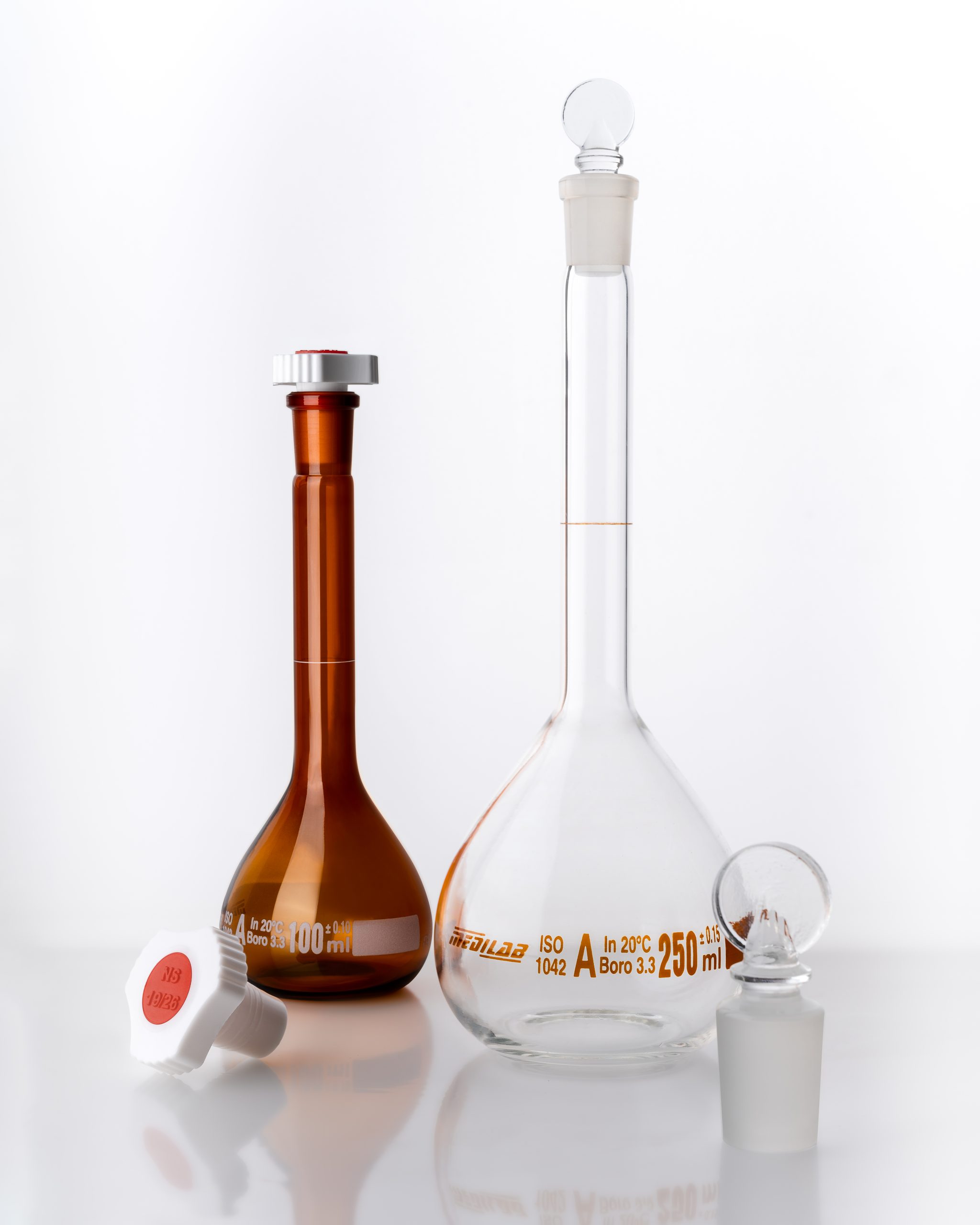Chemistry glassware is an essential component of laboratories worldwide. From simple beakers to complex distillation apparatus, these specialized glass products enable scientists to conduct precise experiments, mix chemicals, and measure solutions accurately. In this guide, we will explore the different types of chemistry glassware, their applications, and tips for proper usage and maintenance.
Types of Chemistry Glassware:
- Beakers
- Description: Cylindrical containers with a flat bottom and a small spout for pouring.
- Uses: Mixing, heating, and stirring liquids.
- Common Materials: Borosilicate glass, plastic (for non-reactive uses).
- Flasks
- Erlenmeyer Flask: Conical shape with a narrow neck, ideal for mixing and heating without spillage.
- Volumetric Flask: Used for preparing precise solution concentrations, marked with a single calibration line.
- Florence Flask: Spherical bottom designed for uniform heating.
- Test Tubes
- Small cylindrical tubes with rounded bottoms.
- Used for small-scale reactions, heating, and culturing microorganisms.
- Graduated Cylinders
- Tall, narrow cylinders with volume markings.
- Essential for measuring liquid volumes accurately.
- Pipettes and Burettes
- Pipettes: Used for transferring precise volumes of liquid.
- Burettes: Essential in titration experiments for accurate dispensing of liquids.
- Watch Glasses
- Circular, concave glass pieces used for evaporation, covering beakers, or holding small samples.
- Petri Dishes
- Shallow, lidded glass or plastic dishes used for culturing bacteria and other microorganisms.
- Desiccators
- Airtight glass containers used to store moisture-sensitive substances.
- Distillation Apparatus
- Consists of flasks, condensers, and receivers to separate liquid mixtures based on boiling points.
Best Practices for Using Chemistry Glassware
- Choose the Right Glassware: Use borosilicate glass for high-temperature applications to avoid breakage.
- Handle with Care: Always use tongs or heat-resistant gloves when working with hot glassware.
- Clean Thoroughly: Rinse with distilled water after use to prevent contamination.
- Check for Cracks: Discard damaged glassware to prevent accidents.
- Proper Storage: Store glassware in a dry, dust-free cabinet to prolong lifespan.
Why High-Quality Glassware Matters?
Laboratory experiments require precision and reliability. Using high-quality glassware ensures accurate results, safety, and durability. MEDILAB provides a wide range of premium laboratory glassware, designed to meet the stringent requirements of modern laboratories.



